Speak to a Team Member
Call NowAbout Our Child and Adolescent Anxiety IOP
Intensive treatment for OCD, school refusal, and other anxiety-related disorders
Our IOP program provides intensive treatment for children and adolescents with severe OCD, school refusal, and other anxiety disorders. The goal of intensive treatment is to provide focused, highly structured, and individualized therapy multiple days per week. Intensive treatment is appropriate when someone cannot function optimally in their daily life (i.e, cannot attend school or participate in recreational, social, or family activities). IOP services may also be appropriate when standard outpatient treatment is not working and a higher level of care is needed.
Treatment structure and approach
The first week of our IOP program involves treatment visits every day. Clients can expect to be engaged in therapy (not including transportation time) up to 20 hours per week for the first week. Most typically, the treatment is conducted in a style similar to that of a partial hospitalization program in terms of total time spent in treatment. The difference between our IOP and many other IOP programs is that treatment is highly individualized, such that behavioral interventions, psychoeducation, family scaffolding work and school wraparound services (if applicable) are tailored to maximize the effectiveness of treatment for each client and family.
Treatment for severe anxiety problems, including obsessive-compulsive disorder OCD, almost always includes exposure therapy. Other evidence-based interventions are also included as needed (e.g., cognitive therapy, behavioral activation). All clients begin IOP with a comprehensive week of assessment. From there, each treatment plan is designed to individually fit the client’s symptoms and overall treatment needs in order to maximize efficacy and efficiency.
A typical treatment plan might include 2-5 hours per week with the primary individual therapist and 5-10 hours per week with an exposure therapist and/or time spent participating in family therapy/parent coaching. Additionally, clients in IOP also participate in psychiatry appointments. A typical course of IOP treatment involves up to 20 hours per week for 8-12 weeks.
As functioning improves (e.g, the client is able to attend school and/or participate in preferred activities gain), the number of treatment days and hours begins to taper down (e.g., up to 10 hours of treatment per week). During the taper stage, a typical treatment plan might include 2-3 hours per week with the primary individual therapist and 3-6 hours per week with an exposure therapist and/or time spent participating in family therapy/parent coaching. A typical taper might last 4-8 weeks at roughly 10 hours per week.
Following the successful completion of IOP, clients can transfer care to an outpatient therapist outside of EBTCS who is in-network with their insurance, or if continued treatment at EBTCS is considered medically necessary, we can continue treatment in our outpatient program. If clients do not respond to our IOP, we refer them to a higher level of care, most typically, specialized residential treatment for anxiety-related problems. Early data on progress in treatment would inform the decision about whether a higher level of care is warranted. We strive to keep individuals in outpatient treatment whenever possible so that the treatment course can target reduction in symptoms, as well as generalization of skills to the client’s daily environment to maximize protection against relapse.
If you are interested in learning more about our child and adolescent anxiety IOP services, please contact our Anxiety IOP Coordinator, at 206-374-0109.


